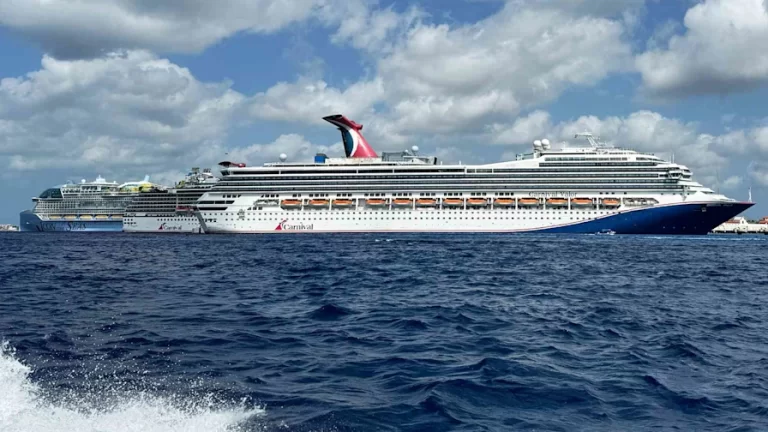
Saturday, October 5, 2024
Brussels – Following the European Court of Justice’s (ECJ) recent rulings on the EU’s fishing and agricultural agreements with Morocco, the European Union and several member states have expressed their unwavering support for the strategic partnership between the bloc and Morocco. In a series of statements, the EU and individual countries reiterated their intent to further strengthen the relationship despite the legal challenges.
European Commission President Ursula von der Leyen and EU High Representative Josep Borrell emphasized in a joint statement that the EU remains committed to preserving and enhancing its close ties with Morocco in all sectors, underscoring the importance of adhering to the pacta sunt servanda principle, which holds that agreements must be honored.
“This partnership holds great value to the EU. It is long-standing, comprehensive, and deep,” the joint statement noted, while adding that both sides share a “profound friendship and solid, multi-faceted cooperation.” Von der Leyen and Borrell expressed their determination to elevate this relationship in the coming months, signaling a political commitment to Morocco as a key partner.
Several EU member states echoed these sentiments, affirming their strong support for the EU-Morocco partnership:
- Spain: Spanish Foreign Minister José Manuel Albares defended the “strategic partnership” between the EU and Morocco, stressing the importance of the agreements for both parties, especially in the fishing and agricultural sectors. Albares noted that Spain respects the ECJ ruling but remains committed to working with the EU and Morocco to “preserve and further develop” this privileged relationship.
- France: The French Ministry for Europe and Foreign Affairs reiterated France’s unwavering support for its exceptional partnership with Morocco. The ministry stated that France is determined to work with its EU partners to strengthen economic cooperation and safeguard the achievements of the EU-Morocco relationship. President Emmanuel Macron, in a recent letter to King Mohammed VI, reaffirmed France’s commitment to supporting Morocco’s economic and social development efforts in the Sahara.
- Hungary: As the current holder of the EU Council’s rotating presidency, Hungary emphasized the mutual benefits of the EU-Morocco partnership. The Hungarian Ministry of Foreign Affairs and Trade expressed the country’s intent to deepen cooperation with Morocco, particularly in new areas, in light of the ECJ ruling.
- Belgium: The Belgian Ministry of Foreign Affairs, Foreign Trade, and Development Cooperation reaffirmed Belgium’s dedication to the strategic partnership, stating, “Belgium reaffirms its commitment to the friendship and strategic partnership between the EU and Morocco and will continue to work on deepening it.”
- Italy: Deputy Prime Minister and Minister of Foreign Affairs Antonio Tajani highlighted the fundamental nature of the EU-Morocco partnership, particularly in the fields of agriculture and fishing. Tajani also stressed the need for the European Court to take the strategic partnership into account. Italy intends to strengthen cooperation with Morocco, particularly in combatting illegal immigration, during Tajani’s upcoming visit to Rabat.
- Netherlands: The Dutch Ministry of Foreign Affairs reaffirmed its “strong commitment” to the strategic EU-Morocco partnership, fully supporting the joint declaration by von der Leyen and Borrell in the wake of the ECJ ruling.
- Finland: Finland also voiced its commitment to the partnership, with the Finnish Ministry of Foreign Affairs emphasizing its support for the joint statement and reiterating the country’s dedication to maintaining the EU-Morocco relationship.
This collective response from the EU and its member states reflects a robust and unified stance in favor of maintaining and enhancing ties with Morocco, even as legal challenges surrounding the fishing and agricultural agreements unfold. Despite the ECJ’s rulings, the EU and its partners remain committed to a partnership with Morocco that is essential to addressing key regional and global issues, including economic development, migration, and security.
The reaffirmation of the EU-Morocco partnership highlights its strategic importance, not only in terms of trade but also as a pillar of stability and cooperation in the Mediterranean and broader North African region.
4o






